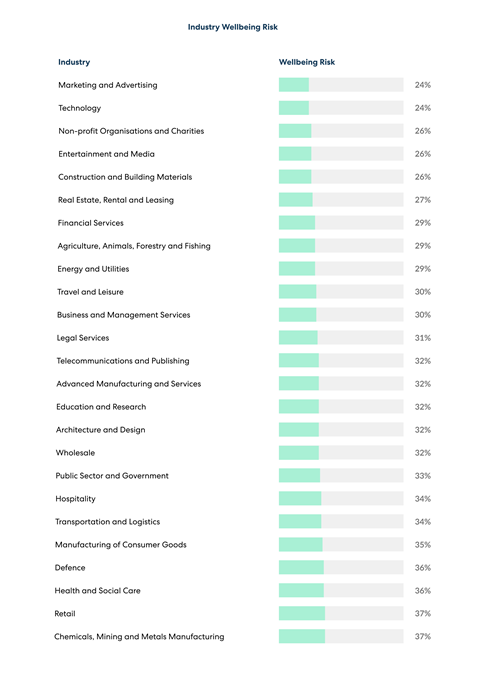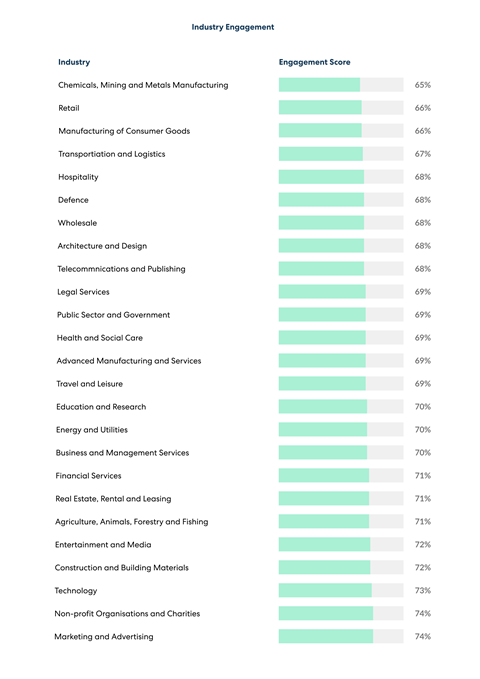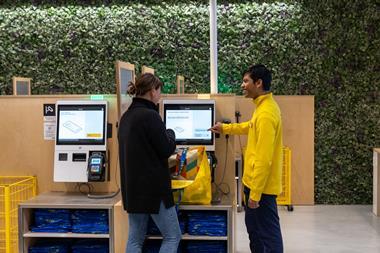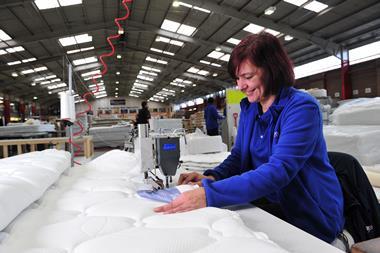Retail employees are some of the most unhappy and least engaged of any industry, according to a survey by Workl.
The survey found that retail staff were the least likely of any industry to say they’re happy at work, with just 58% responding yes to that question, compared with 64% on average.
Retail workers also rank in the bottom three industries for wellbeing, which is tracked by respondents’ likelihood to feel anxious, depressed, uncared for and unsafe at work, and were among the most likely of any industry to say they want to leave within the next nine months.

The survey gathered responses from 300,000 people from more than 27,000 organisations working across 26 industries in over 100 countries within the last 12 months.
Overall, the retail industry came second to last on the employee engagement score (66%), which combines responses to questions concerning job satisfaction, development and wellbeing, behind only the chemicals, mining and metal manufacturing sector (65%).
In comparison, the engagement score was highest for workers in the non-profit and marketing & advertising sectors (both 74%).

Retail workers who identify as LGBTQ+ had an overall happiness score of 68%, 1% below the global average for LGBTQ+ employees, while disabled retail workers had a score of 65%, 3% below average.
Retail Trust chief executive Chris Brook-Carter said: “Concerns around the cost-of-living crisis, rising levels of customer abuse and deteriorating mental health coming out of the pandemic are having a real impact on the wellbeing of people working in the retail industry.
“Retailers of all shapes and sizes are already working with the Retail Trust to address these issues and provide the tools their people need to take control of their wellbeing, but we would still urge many more to join us in creating a much happier, healthier and thriving retail workforce.”
Workl founder, former trade minister and former managing director of Waitrose Lord Mark Price said: “I hope that organisations over the next 12 months will focus on nurturing a positive and sustainable workplace culture, help their employees with the cost-of-living crisis, put more resources into career development and focus on continuing to balance office working and home working to help keep wellbeing scores high.”
- Don’t miss the best of the week – sign up to receive the Editor’s Choice every Friday


























No comments yet